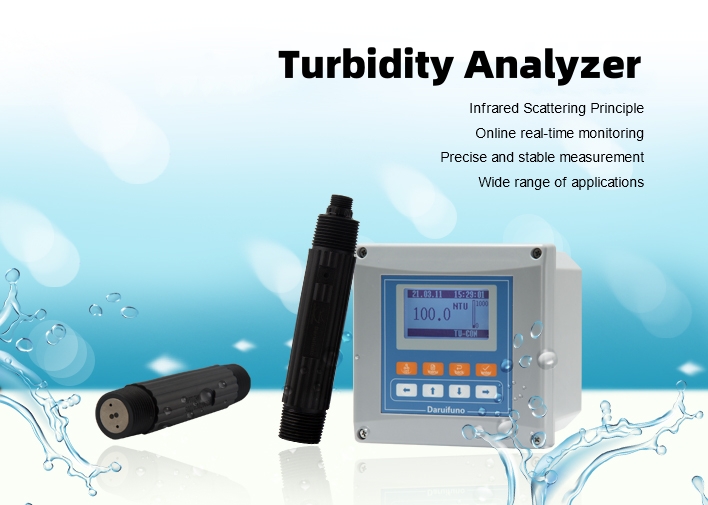In the ever-evolving digital landscape, IPv6 has been under development for years. However, due to limited user-centric applications, its adoption and traffic remain relatively low. Recently, Chen Jiachun, deputy director of the Department of Communication Development at the Ministry of Industry and Information Technology, emphasized that the government is actively working on cultivating the IPv6 industry. By promoting typical applications and demonstration projects, the goal is to identify sustainable commercial models that can "provide value to businesses" and accelerate the growth of the IPv6 ecosystem.
Among various IPv6 applications, Internet of Things (IoT) stands out with its wide-ranging impact in sectors such as smart agriculture, environmental protection, smart buildings, and intelligent transportation. These applications offer "ubiquitous connectivity and online services," including real-time monitoring, location tracking, alarm systems, remote maintenance, and more. However, the IoT sector has faced challenges like end-to-end service issues and a severe shortage of IP addresses. As a foundational technology for the future of the internet, the commercialization of IPv6 will significantly enhance the IoT environment, enabling more innovative and user-centric solutions.
One key area where IPv6 is making an impact is in smart agriculture. To address the issue of insufficient IP addresses in smart farming, China Telecom launched a pilot project in Hunan Province, in collaboration with the Provincial Department of Agriculture. This initiative aimed to build a typical IoT application based on IPv6. The system utilizes 6LoWPAN, a low-power networking protocol built on IPv6, to connect sensors and control devices. Data is transmitted through a dual-stack mobile network gateway, allowing for IPv6-based data acquisition and remote control in mobile networks. On the user side, China Telecom developed dual-stack mobile clients, enabling seamless integration of IPv6 into smart agricultural applications. So far, China Telecom has implemented several smart agricultural services, such as Zhejiang's "Intelligent Aquatic Products," Beijing's "Tianrun Strawberry Garden," Shandong's "Smart Mushroom," and Shaanxi Yanglin's "Smart Agriculture," managing thousands of monitoring points effectively.
Another example is China Mobile’s use of lightweight IPv6 technology for temperature and humidity monitoring in IDC rooms. Covering an area of 3,000 square meters, the system achieved excellent results. Given that IoT requires a large number of IP addresses, IPv6 is ideally suited for this purpose. However, IoT devices typically have limited processing power, and the IPv6 packet header is relatively large, which can be resource-intensive. To address these challenges, China Mobile is advocating for a unified lightweight protocol standard to improve interoperability and scale IoT development. The company has joined an IPv6 implementation group within IETF and is leading efforts to promote IPv6 in IoT applications. Some products using lightweight protocols have already been tested and deployed on China Mobile's network, proving their feasibility.
In the realm of smart greenhouses, new technologies such as IPv6, wireless sensor networks, and IEEE1888 are being used to collect real-time data and store historical information about crop growth conditions. This helps researchers understand the optimal requirements for temperature, humidity, light, and soil. Intelligent analysis and automated control allow for timely adjustments to environmental factors, improving crop yield and quality. This technology is currently being deployed in several locations, including the Heilongjiang Land Reclamation Bureau, the Hunan Academy of Agricultural Sciences, and the Beijing Strawberry Park, among others.
Lastly, in building energy efficiency, the Zhongguancun Software Park has implemented an IPv6-based energy-saving system. This includes lighting, LED control, video surveillance, and environmental sensors, along with intelligent metering and air conditioning systems. The deployment of IPv6 has enabled remote control, visual monitoring, and efficient management of energy consumption, demonstrating the technical viability of IPv6 in building energy conservation. Tests have shown that IPv6 technology can significantly reduce energy usage by optimizing the operation of equipment and regulating the environment.

Overview
A turbidity analyzer, also known as a turbidity meter, is a water quality monitoring instrument that measures the turbidity value of water and other liquids. It consists of a controller and a sensor that work together to provide an accurate assessment of the concentration of suspended particles in water, which is an important basis for evaluating water clarity.

The core principle of the Daruifuno turbidity analyzer is based on advanced light scattering technology, which accurately determines the turbidity level by quantifying the scattering effect caused by suspended particles when light passes through a liquid. This process not only ensures high measurement accuracy, but also allows the results to be expressed in industry standard units such as nephelometric turbidity units (NTU) or formazin turbidity units (FTU), thus achieving compatibility with global measurement standards. The analyzer plays an indispensable role in many fields such as water quality monitoring, environmental protection, drinking water treatment, and industrial process control. It can accurately monitor and control turbidity levels, ensure the safety and quality of water sources, and optimize the operating conditions of industrial environments. As a fully digital device, it combines unparalleled accuracy and ease of use. Its dual-range function meets the measurement needs of different turbidity ranges from high to low, allowing users to customize settings according to the uniqueness of their own applications. In addition, the user-friendly interface of the analyzer makes operation and data analysis intuitive and convenient, further enhancing its practical value.
As a leader in water quality analysis, Daruifuno is a trusted supplier and manufacturer of turbidity analyzers and meters. Adhering to the concept of excellence and innovation, we are committed to providing customers with tailor-made solutions to meet their diverse needs. If you are looking for high-quality, comprehensive and reasonably priced turbidity analyzers and meters, Daruifuno will be your ideal choice. Our product line covers a wide range of analytical instruments, controllers and sensors for key Water Quality Parameters such as pH, ORP, conductivity, turbidity, dissolved oxygen, COD, ammonia nitrogen, residual chlorine, etc.
Turbidity Analyzer,Turbidity Meter
Suzhou Delfino Environmental Technology Co., Ltd. , https://www.daruifuno.com